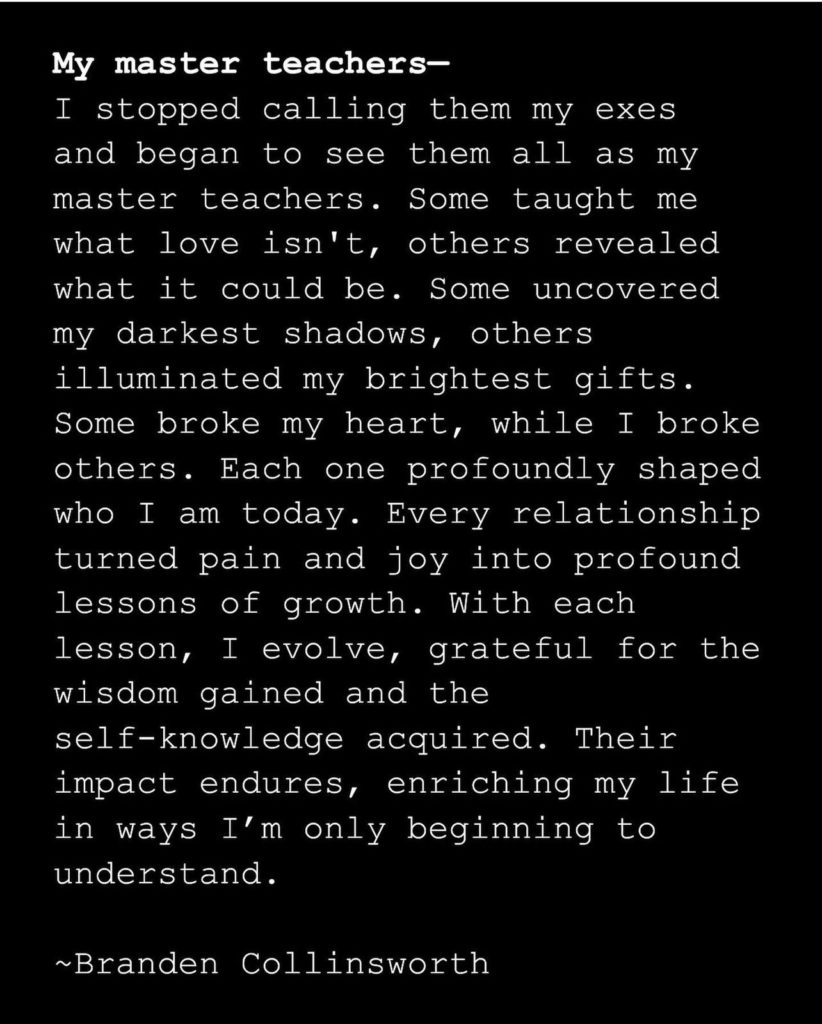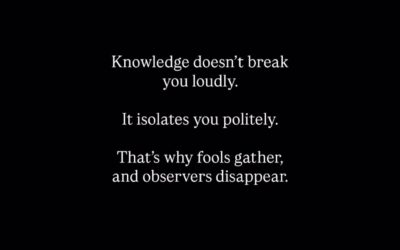Predictability is a comforting illusion we often seek, especially in relationships. As human beings, we crave certainty and structure, believing that it brings safety and stability. This need for predictability often leads us to label and define our relationships, assigning roles to those who enter our lives. But what if these labels and expectations are just a way to manufacture a sense of control over the unpredictable nature of human connections?
Relationships, in their purest form, are simply connections with other people that occur at various points in our lives. These connections, whether brief or long-lasting, serve a purpose in our personal growth, even when that purpose is not immediately apparent. The truth is, we often think that relationships are the natural progression of life—something we must achieve, like checking off a box on a life to-do list. But what if the true essence of a relationship is not about fulfilling societal expectations or achieving a sense of completeness, but rather about the lessons we learn along the way?
In reflecting on my own experiences, I’ve come to realize that those who entered my life and then left, played a role that was crucial to my personal development. Whether they taught me about love, trust, disappointment, or resilience, their presence was a catalyst for self-discovery. These “master teachers,” as some might call them, reveal parts of ourselves that we might not have discovered otherwise. And while their lessons may have been unintentional, their impact is profound.
Growing up, we often view relationships through the lens of our parents or caregivers. Their relationships are our first examples of how to connect with others, and their influence can shape our understanding of what a relationship should be. In many cultures, parents play a significant role in guiding—or sometimes manipulating—the path we take in our relationships. They may introduce us to people they believe are “right” for us, based on their own experiences and expectations, often without considering our individual desires or needs.
This parental influence can extend to intimate relationships as well, where parents may even attempt to orchestrate who we connect with on a deeper level. This interference, while well-intentioned, can be problematic. When a child makes decisions to please their parents, rather than based on their own feelings and desires, it can lead to dissatisfaction and regret later in life. The lack of autonomy in choosing one’s path can create internal conflicts and a sense of disconnection from oneself.
In looking back, I understand now that the relationships I formed—whether with the approval of my parents or not—were essential in shaping who I am today. They were not merely a step towards fulfilling a societal expectation, but a journey of self-exploration and growth. And while some of these connections may not have lasted, their impact endures, enriching my life in ways I’m only beginning to understand.
The idea of labeling relationships and expecting them to fit into a predictable mold is, in many ways, a disservice to the complexity of human connections. Relationships should not be about finding the “right” person according to someone else’s standards, but about discovering those with whom we authentically connect. It’s about allowing ourselves the freedom to explore, to learn, and to grow, without the constraints of societal or parental expectations.
So, as we navigate the unpredictable terrain of relationships, let us be mindful of the lessons each connection brings. Let us release the need for predictability and embrace the uncertainty, knowing that every interaction, every relationship, has something valuable to teach us. And in doing so, we evolve, becoming more attuned to our true selves and the rich tapestry of life experiences that shape who we are.
This post is inspired by a thought-provoking piece by Branden Collinsworth, who eloquently describes how relationships can be seen as “master teachers,” guiding us through lessons of love, pain, and growth. His words remind us that every relationship, no matter how brief or tumultuous, plays a role in our journey of self-discovery.





0 Comments